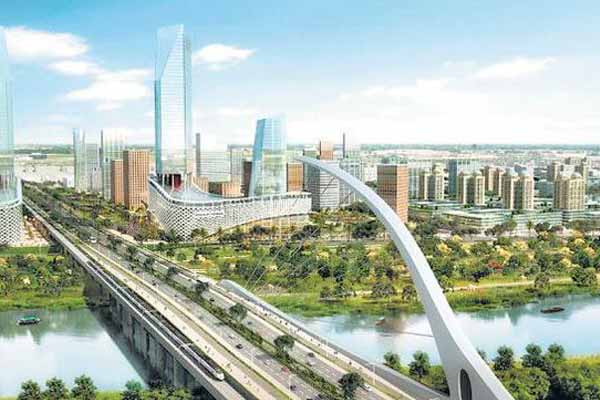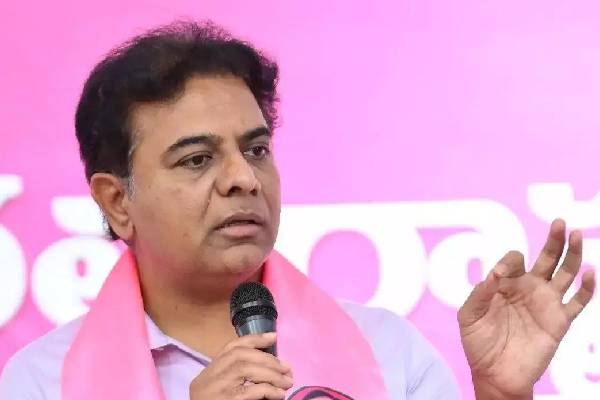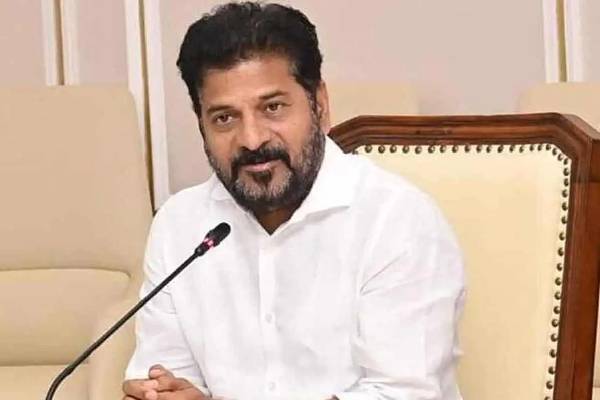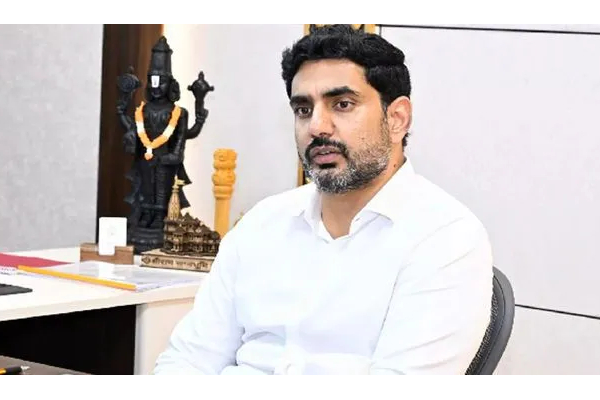Amid Chief minister Chandrababu Naidu’s efforts to shift government’s base to temporary capital and address the flood concerns arising out of Kondaveeti Vagu, urban experts have once again warned the government of the negative consequences of Capital Amaravati related decisions.
A team of experts on Sunday visited Amaravati capital region, the farm lands acquired for the construction of the capital and the temporary governmental complex under construction near Velagapudi. The team led by renkowned Urban Studies expert from JNU Professor Amitabbh Kundu felt that it was unwise on the part of the government to discard the recommendations of Sivaramkrishnan Committee, appointed by the centre to identify the suitable location for the construction of the capital. The team members had an extensive interaction with farmers, people and officials in the CRDA. The team visited Venkaptapalem, Mandadam, Uddandarayanipalem Lingayapalem, Tallayapalem, Rayapudi, Thulluru etc. in the Capital region.
Kundu’s team had also found fault with government’s decision to take away the fertile agricultural lands and turning them into concrete jungles, which would, they said, deleterious impact on the green ecology of the region. “Sivaramakrishnan committee recommended decentralization of development and administration in the truncated state of AP, which is the best model for a state suffering from chronic regional imbalances,” Professor Kundu said.
“The Sivaramkrishnan Committee had many experts in the field of urban development and social consequences of the capital building as members.Throwing such a report to the winds is a historical blunder,“ he said.
The committee members said the idea of construction of cities on the lines of Singapore and cities in Japan is neither feasible not suitable for climatic and geological conditions of this part of India, especially Andhra Pradesh. Forcing such model, they said, would lead to serious socio, ecological and economic consequences, they warned.
“This area’s farm lands are unique in many respects. The government’s taking over these unique multi-crop lands for capital city construction is highly objectionable. Such lands are unique for their soil nature which you can’t reproduce anywhere at any cost. So, they must have been conserved for future generations,“ Professor Kundu, former director of National Institute of Urban affairs, said. Though Professor Kundu, who is not opposed to the conversion agricultural lands for the economic activities,he was convinced his theory could not be applied to Amaravati lands uniquely fertile multi-crop lands.
Professor Chigurupati Ramachandraiah, ( Centre for Economic and Social Studies, Hyderabad) said the government owes an explanation on how it wants to protect the villages under CRDA jurisdiction.
Expressing concern over the flood threat to region, he said the fact that temporary secretariat was being built 6-8 feet above the ground level to save it from possible submergence was nothing but acknowledgement of the flood threat.
Stating that many villages face the threat of floods, Ramachandraiah,an expert of international repute in Urban Development, said reconstituted plots would be of no use in the event of large-scale inundation.
” Andhra Pradesh government has kept the farmers in the dark about flood-prone areas and the risks arising out of the capital;s faulty design,” he added.



































